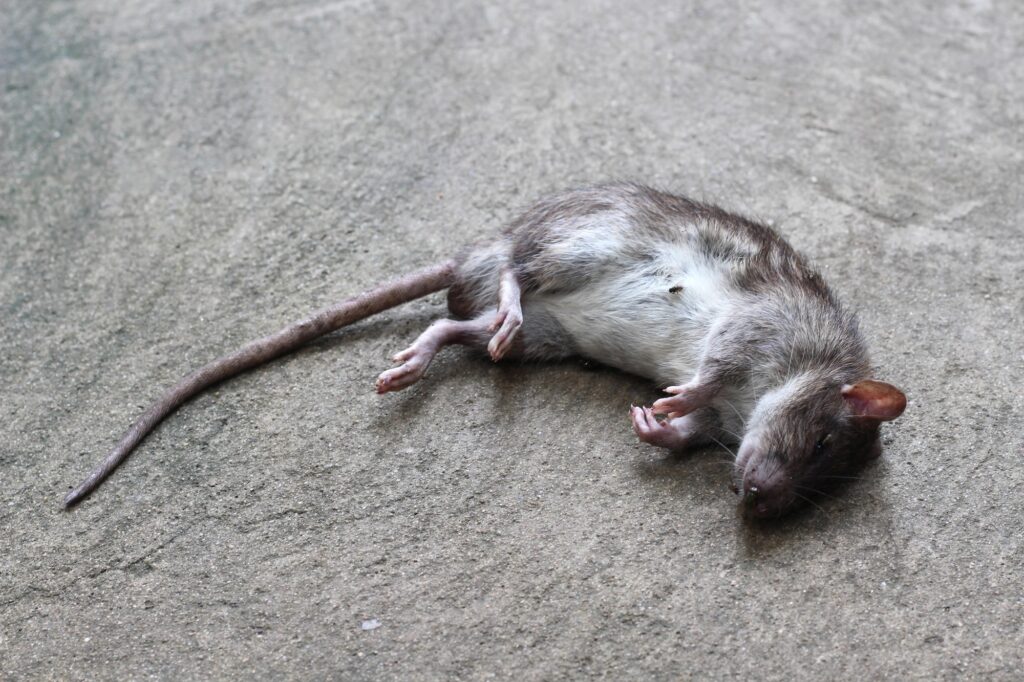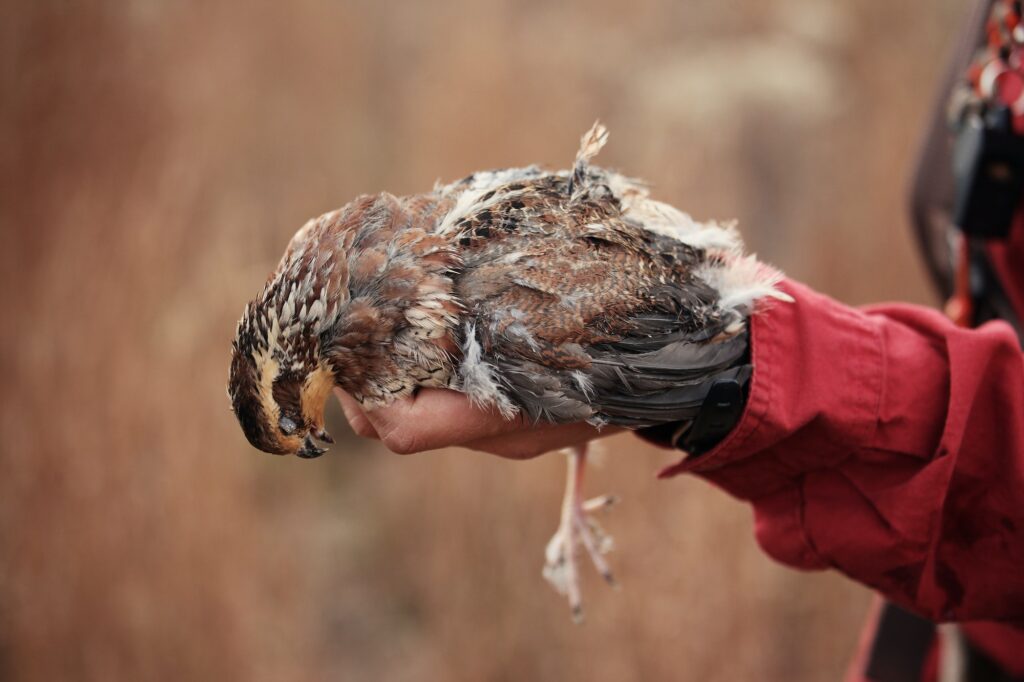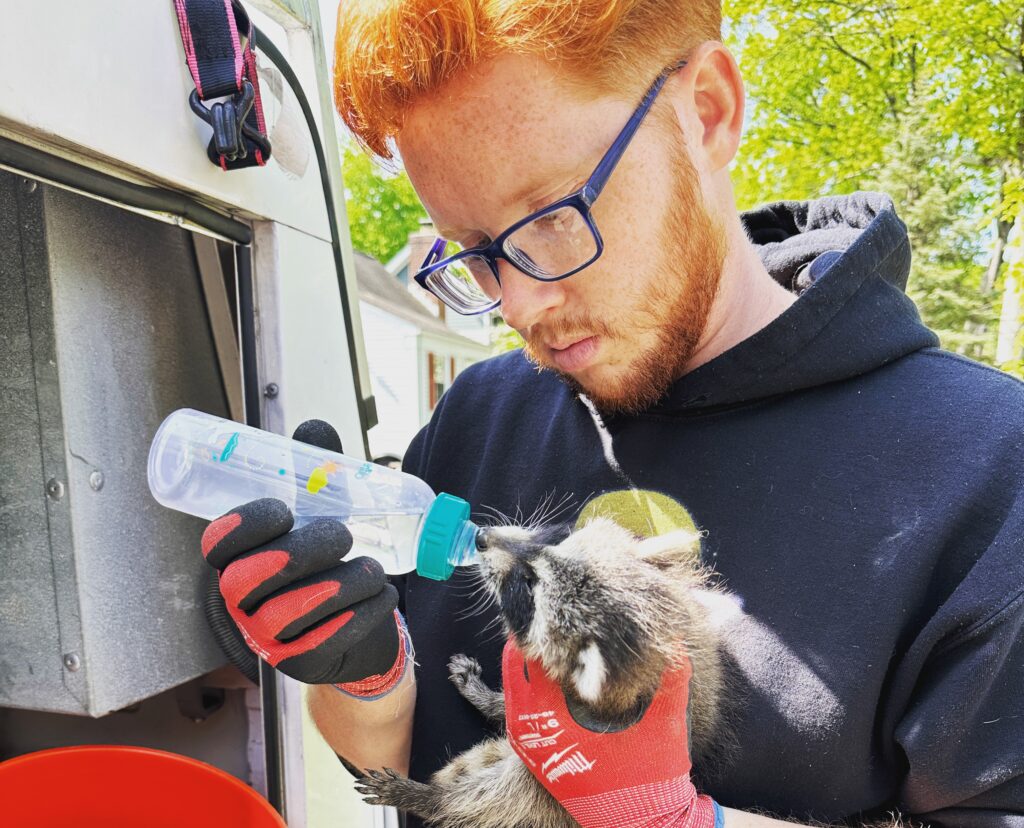In the suburban landscapes of New Jersey, the occasional encounter with deceased wildlife on your property can be both unsettling and potentially hazardous. This situation necessitates a prompt and effective response through a process known as dead animal removal. As a responsible homeowner or property manager, understanding the nuances of dead animal removal in New Jersey is crucial for maintaining a safe and hygienic environment.
The keywords, “Dead Animal Removal in New Jersey” and “Dead Animal Removal NJ,” encapsulate the essence of the challenge at hand. Beyond the discomfort associated with the presence of a deceased animal, there are significant health risks and legal considerations that underscore the importance of proper removal procedures. This article aims to delve into the various facets of dead animal removal, shedding light on both professional services available in New Jersey and viable do-it-yourself approaches. By navigating through the intricacies of dead animal removal, individuals can safeguard their well-being, protect the environment, and contribute to the overall cleanliness of their community. Join us as we explore the vital aspects and considerations surrounding dead animal removal in the Garden State.
Key Takeaways
- Swift dead animal removal in New Jersey is essential to prevent health risks associated with decomposition, the spread of diseases, and the attraction of pests.
- While DIY removal is an option, larger carcasses or challenging situations may necessitate professional help. Expert dead animal removal services in New Jersey ensure safe and efficient resolution.
- Unattended deceased animals can contaminate soil and water, affecting the local environment. Responsible dead animal removal practices contribute to maintaining a cleaner ecosystem.
- Extreme weather conditions can impact the dead animal removal process, emphasizing the importance of considering weather factors during removal efforts.
- Leaving a dead animal unattended can attract other wildlife, leading to potential infestations. Addressing the situation promptly helps mitigate this risk.
Risks and Consequences
The aftermath of a deceased animal on your property extends beyond mere inconvenience, delving into potential risks and consequences that demand immediate attention. Failing to address the situation promptly can lead to severe health hazards and environmental repercussions. “Dead Animal Removal in New Jersey” is not merely a matter of aesthetics; it is a critical component in maintaining a safe and disease-free environment.
When a lifeless creature is left unattended, the risk of disease transmission becomes a pressing concern. Decaying animals serve as breeding grounds for bacteria and pathogens, posing a direct threat to human and animal health. Additionally, the lingering scent of decomposition can attract pests, exacerbating the problem and leading to infestations. This, coupled with the potential contamination of soil and water sources, underscores the environmental impact of neglecting proper dead animal removal procedures.
Residents in New Jersey should be acutely aware that the consequences of disregarding the necessity for professional dead animal removal services can extend beyond the immediate vicinity of their property. Legal ramifications may arise, highlighting the importance of adherence to local regulations and ethical considerations in the disposal process. Therefore, recognizing the risks and consequences associated with unattended deceased animals becomes paramount in fostering a safe and healthy living environment.
Legal and Ethical Considerations
Professional Dead Animal Removal Services
For residents in New Jersey grappling with the unsettling discovery of a deceased animal on their property, seeking professional dead animal removal services is a prudent and responsible course of action. “Dead Animal Removal in New Jersey” entails more than just the physical extraction of the remains; it involves a comprehensive approach to ensure the efficient and sanitary resolution of the situation.
Professional dead animal removal services in NJ are equipped with the expertise and resources necessary to handle the challenges associated with carcass removal. Licensed professionals not only possess the knowledge to identify and safely remove the deceased animal but also understand the legal and ethical considerations inherent in the process. By engaging the services of professionals, residents can rest assured that the removal is conducted in compliance with local regulations, mitigating the risk of legal repercussions.
Moreover, the use of specialized services ensures that the removal process is executed promptly, minimizing potential health hazards and preventing the attraction of pests. The convenience and peace of mind offered by professional dead animal removal services in New Jersey underscore their value in safeguarding both public health and the well-being of the local environment.

DIY Dead Animal Removal
In instances where immediate professional assistance may not be readily available, residents in New Jersey may find themselves contemplating do-it-yourself (DIY) dead animal removal. “Dead Animal Removal NJ” presents unique challenges that individuals may choose to address on their own, provided they approach the task with caution and adherence to safety measures.
DIY dead animal removal involves a step-by-step process, starting with the identification of the deceased creature and the use of appropriate protective gear. Residents must exercise caution to minimize the risk of exposure to potentially harmful bacteria and pathogens during the removal process. While DIY methods can be effective for smaller animals, larger carcasses may require additional effort and precautions.
It’s essential for individuals undertaking DIY dead animal removal in New Jersey to familiarize themselves with local regulations to ensure compliance with disposal guidelines. While DIY approaches can be cost-effective, residents should be mindful of their limitations and be prepared to seek professional assistance if faced with challenges beyond their expertise. Engaging in DIY dead animal removal demands a careful balance between addressing the immediate issue and ensuring the safety and well-being of those involved.
Challenges in Dead Animal Removal
Navigating the process of dead animal removal in New Jersey presents a set of challenges that individuals and professionals alike must contend with to ensure a swift and effective resolution. “Dead Animal Removal NJ” encompasses complexities that extend beyond the physical act of extraction, requiring a nuanced approach to address various obstacles.
One significant challenge lies in the identification of the deceased animal, especially when dealing with larger or decomposed carcasses. Proper identification is crucial for determining the appropriate removal methods and adhering to disposal regulations. Additionally, the logistical aspects of removing a deceased animal, especially in hard-to-reach areas, can pose challenges, necessitating specialized equipment and expertise.
Weather conditions can further complicate the removal process. Harsh weather, including extreme temperatures or inclement conditions, can impact the decomposition rate of the animal and pose additional health and safety risks to those involved in the removal.
Prevention Strategies
Mitigating the need for dead animal removal in New Jersey involves implementing proactive prevention strategies that contribute to the overall well-being of both residents and the local environment. “Dead Animal Removal NJ” is not just about reacting to a situation; it’s about taking steps to prevent such incidents from occurring in the first place.
Residents can significantly reduce the likelihood of encountering deceased animals on their property by securing potential entry points. Regularly inspecting and repairing gaps or openings in structures can deter wildlife from seeking shelter in and around homes. Proper waste management is another critical aspect, as securing garbage cans and eliminating food sources can discourage animals from venturing into residential areas.
Community engagement plays a pivotal role in prevention. Establishing awareness campaigns and promoting responsible pet ownership within the community can contribute to reducing the instances of stray or unattended animals. Collaboration among residents fosters a shared responsibility for maintaining a clean and safe environment, minimizing the need for dead animal removal.
FAQs
Why is it important to promptly remove a dead animal from my property?
Swift removal is crucial to prevent health hazards associated with decomposition, the spread of diseases, and the attraction of pests.
Are there legal regulations governing dead animal removal in New Jersey?
Yes, New Jersey has established regulations to ensure the proper and legal disposal of deceased animals. It’s important to adhere to these guidelines to avoid legal consequences.
Can I remove a dead animal from my property on my own?
Yes, individuals can attempt DIY dead animal removal, but it’s essential to follow safety precautions and consider professional assistance for larger carcasses or challenging situations.
How do I identify the type of dead animal on my property?
Identifying the species may be challenging, especially if the animal is decomposed. Consultation with professionals or local wildlife authorities may be necessary.
What are the risks of leaving a dead animal unattended?
Risks include the spread of diseases, contamination of soil and water, and the attraction of pests, which can lead to further problems.
Conclusion
In conclusion, the importance of understanding and addressing the nuances of dead animal removal in New Jersey cannot be overstated. Beyond the initial discomfort and potential health hazards associated with unattended deceased animals, there are legal, ethical, and environmental considerations that underscore the need for a responsible approach. By familiarizing ourselves with the regulations governing “Dead Animal Removal in New Jersey” and embracing preventive strategies, we contribute to a safer and cleaner living environment.
For those in need of immediate assistance or professional guidance in dead animal removal in New Jersey, we recommend reaching out to Kritter Catchers. With their expertise and commitment to ethical practices, they can ensure a swift and effective resolution to the challenges posed by deceased animals. Remember, a cleaner and safer environment starts with responsible dead animal removal practices.
Contact Kritter Catchers now at +1-877-468-5748 to address your dead animal removal needs promptly and professionally. Your community and the local environment will thank you for your proactive and responsible approach.


